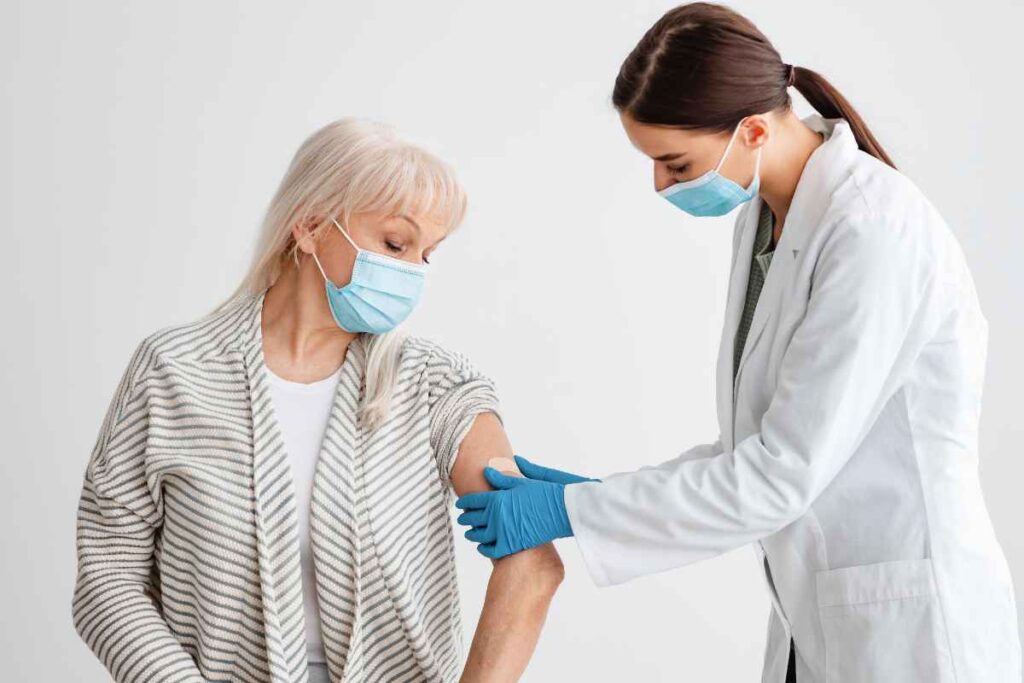The VICP has specific legal procedures and requirements that must be followed to successfully file a claim. An attorney who specializes in vaccine injury cases can guide you through these complexities, ensuring all necessary documentation and evidence are properly submitted and deadlines are met. This helps avoid common pitfalls that could result in a denial of the claim.





